National Indigenous History Month - Why It’s Important
June is National Indigenous History Month - a time for all Canadians - Indigenous, non-Indigenous and newcomers - to reflect upon and learn the...
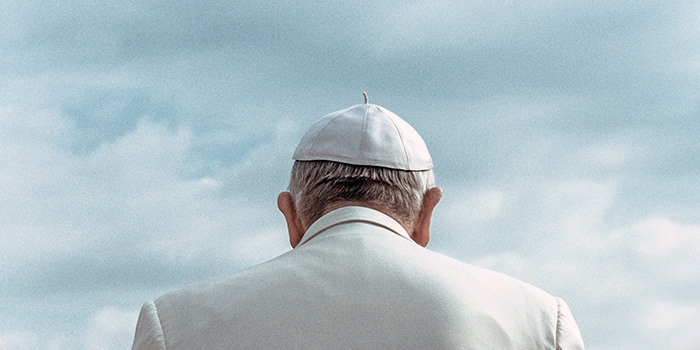
On April 1, 2022, I held my breath as I am sure thousands of other Indigenous Peoples did while listening to Pope Francis publicly address the Indigenous delegation from Canada. Would the leader of the Roman Catholic Church apologize for the church’s role in residential schools? And then he did.
For the deplorable conduct of those members of the Catholic Church, I ask for God's forgiveness, and I want to say to you with all my heart: I am very sorry. And I join my brothers, the Canadian bishops, in asking your pardon.
Pope Francis, April 1, 2022
As the words sank in, I was overcome with emotion. I thought of my parents, who attended St. Michael’s Residential School in Alert Bay, BC, all the other survivors across the country, and all those who passed without hearing the apology. Has there ever been a time in Canadian history when so few words meant so much to so many?
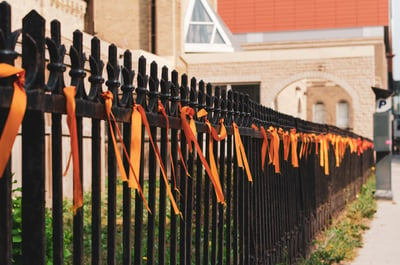
The Catholic church oversaw seventy percent of the residential schools. The first Catholic-run school, St. Joseph's Orphanage and Boarding School (for Indigenous and White Children), in Fort William, Ontario, opened in 1870. The last school to close that was run by the Catholic Church was the Aklavik Catholic Indian Residential School (later Inuvik Indian Residential School) in 1996 after seventy-one years of operation, although the last residential school to close was the Kivalliq Hall in Rankin Inlet in what is now known as Nunavut in 1997.
The other thirty percent of schools were run by the Anglican, Presbyterian and United Church, and those have all issued apologies. The Catholic Church was the holdout until now.
[Please see below for the dates of the other apologies.]
Here’s a brief timeline of the events leading up to the Papal apology:
2008 - The Canadian Conference of Catholic Bishops Plenary Assembly (1) and the Canadian Catholic Aboriginal Council recommends that the Catholic Church in Canada, in its entirety, find a unified way to express its regret and sorrow for the role the Catholic entities played in the Residential School system.
2008 - The Government of Canada issues a formal apology.
...The Government of Canada sincerely apologizes and asks for the forgiveness of the Aboriginal peoples of this country for failing them so profoundly.
2009 - Representatives of Indigenous communities, Catholic dioceses and religious communities are invited to a private meeting with Pope Benedict XVI.
2009 - Pope Benedict XVI expresses “sorrow for the suffering of Canadian aboriginal students” to the delegation. (2)
2015 - Truth and Reconciliation Commission of Canada (TRC) releases its 6-volume Final Report to address the “cultural genocide" of Indigenous Peoples as enacted with the residential school policy.
2015 - TRC publishes 94 Calls to Action, which include:
Church Apologies and Reconciliation
- We call upon the Pope to issue an apology to survivors, their families, and communities for the Roman Catholic Church's role in the spiritual, cultural, emotional, physical, and sexual abuse of First Nations, Inuit, and Métis children in Catholic-run residential schools.
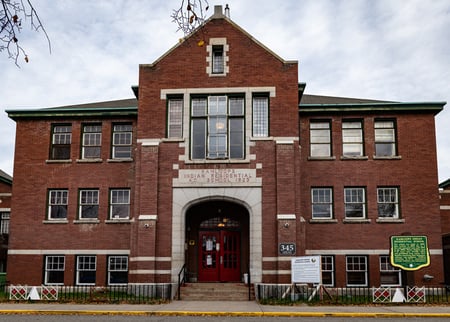
2021 - (May) Tk'emlups te Secwepemc Nation located some 215 gravesites on the grounds of the Kamloops Indian Residential School in BC. The school, the largest in Canada, was run by the Catholic Church. Gravesites at schools across the country were subsequently *identified.
2021 - (October) Vatican announces that Pope Francis will visit Canada on a pilgrimage of healing
2021 - Delegation of Indigenous People scheduled to meet with Pope Francis, Dec 17 - 20, “to foster meaningful encounters of dialogue and healing.” (3)
2021 - Meeting postponed due to COVID-19.
2022 - (March) First Nation, Inuit and Métis delegates travel to Rome.
2022 - Pope Francis meets privately and consecutively with Métis (March 28), Inuit March 28), and First Nation (March 31) delegates.
2022 - (April 1) Pope Francis meets with all three groups for a public meeting live-streamed on its website and issues a formal apology.
*Gravesites are often described as a “discovery,” whereas it is more a confirmation as the survivors often spoke of graves.
1993 - Archbishop Michael Peers delivers apology:
I am sorry, more than I can say, that we were part of a system which took you and your children from home and family.
I am sorry, more than I can say, that we tried to remake you in our image, taking from you your language and the signs of your identity.
I am sorry, more than I can say, that in our schools, so many were abused physically, sexually, culturally and emotionally.
On behalf of the Anglican Church of Canada, I present our apology. [excerpt] (1)
2019 - Archbishop Fred Hiltz offers “An Apology for Spiritual Harm”
Today, I offer this apology for our cultural and spiritual arrogance toward all Indigenous Peoples – First Nations, Inuit and Métis – and the harm we inflicted on you. I do this at the desire of many across the Church, at the call of the Anglican Council of Indigenous Peoples, and at the request and with the authority of the Council of the General Synod. [excerpt] (2)
2022 - Archbishop Justin Welby travels to Prince Albert, Saskatchewan, to apologize to residential school survivors.
I am sorry. I am more sorry than I can say. I am ashamed. I am horrified. I ask myself, where does that come from — that evil. It has nothing, nothing to do with Christ. [excerpt] (3)
1994 - The Presbyterian Church in Canada adopted a confession recognizing the church’s role in operating residential schools and the harm those schools caused to Indigenous children, their families and communities.
We regret that there are those whose lives have been deeply scarred by the effects of the mission and ministry of The Presbyterian Church in Canada. For our Church we ask forgiveness of God. It is our prayer that God, who is merciful, will guide us in compassionate ways towards helping them to heal.
We ask, also, for forgiveness from Aboriginal peoples. What we have heard we acknowledge. It is our hope that those whom we have wronged with a hurt too deep for telling will accept what we have to say. With God’s guidance our Church will seek opportunities to walk with Aboriginal peoples to find healing and wholeness together as God’s people. [excerpt] (4)
1986 - The United Church of Canada responds to the request of Indigenous Peoples that it apologize to them for its part in colonization
We tried to make you be like us, and in so doing, we helped to destroy the vision that made you what you were. [excerpt] (5)
1998 - The United Church specifically apologizes for its role in Indian Residential Schools
We pray that you will hear the sincerity of our words today and that you will witness the living out of our apology in our actions in the future. [excerpt] (6)
Featured photo: Unsplash
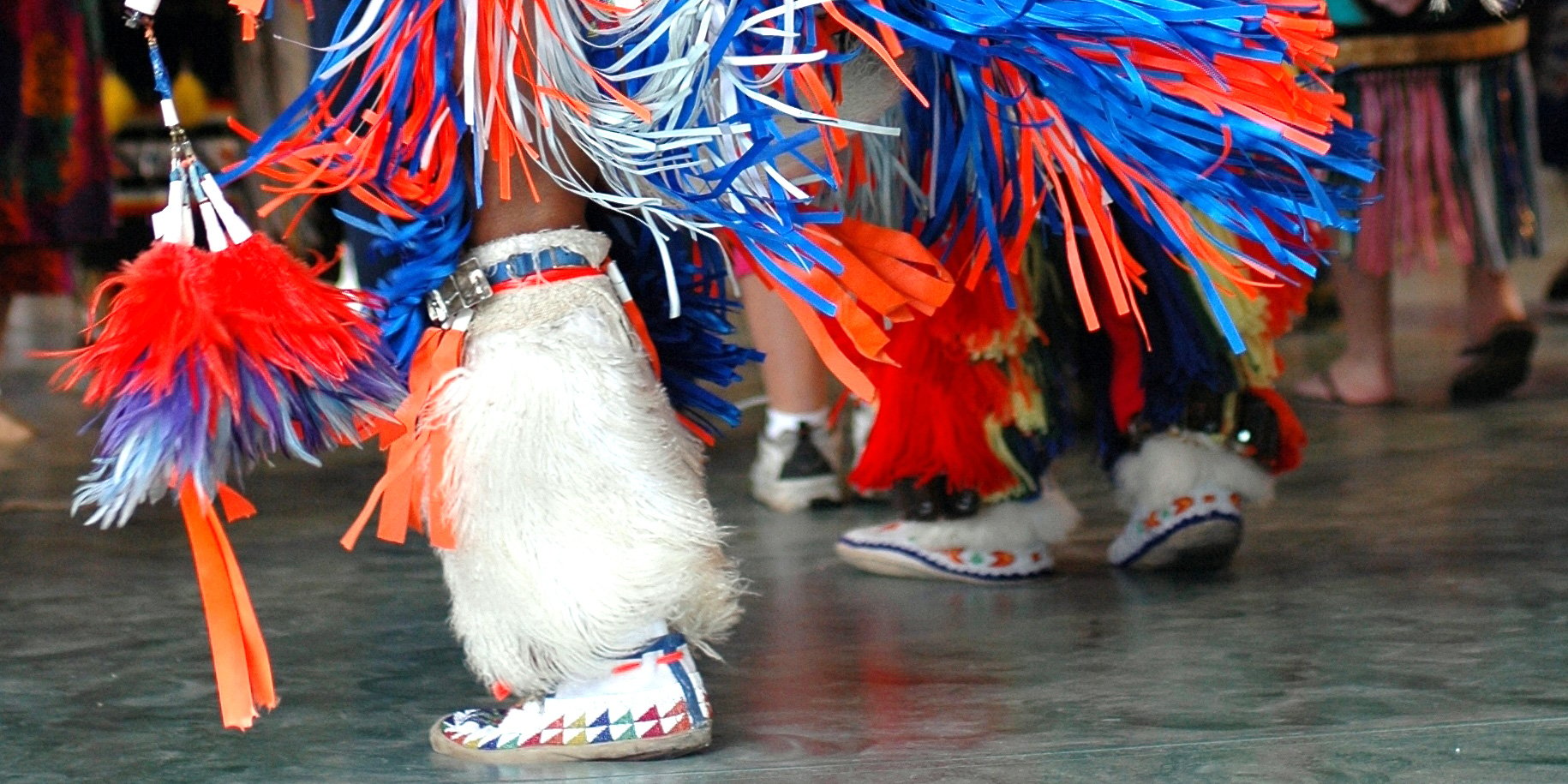
June is National Indigenous History Month - a time for all Canadians - Indigenous, non-Indigenous and newcomers - to reflect upon and learn the...
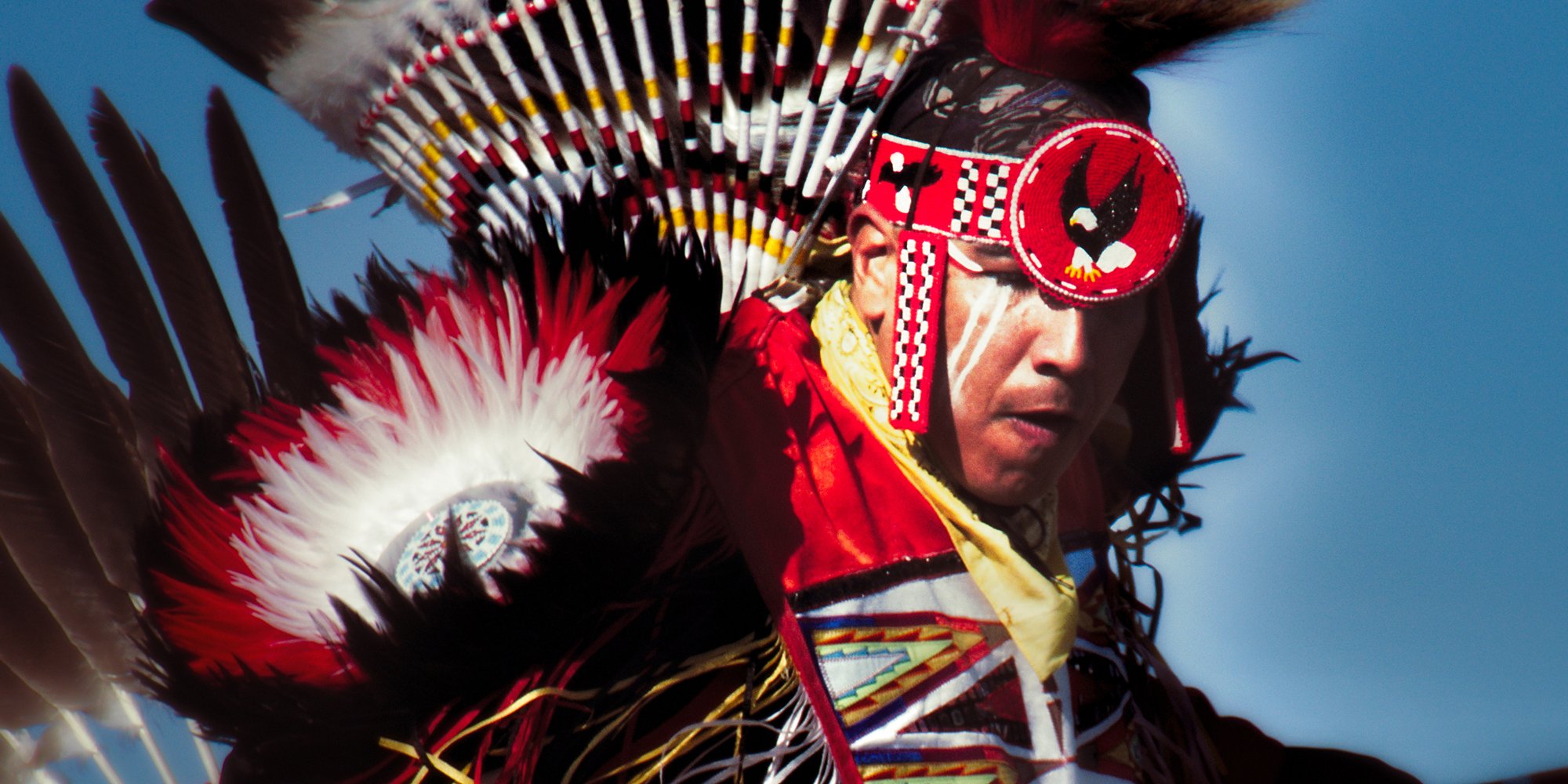
Indigenous awareness is a broad term – I know because my onsite and public workshops are dedicated to helping people understand the full extent of...
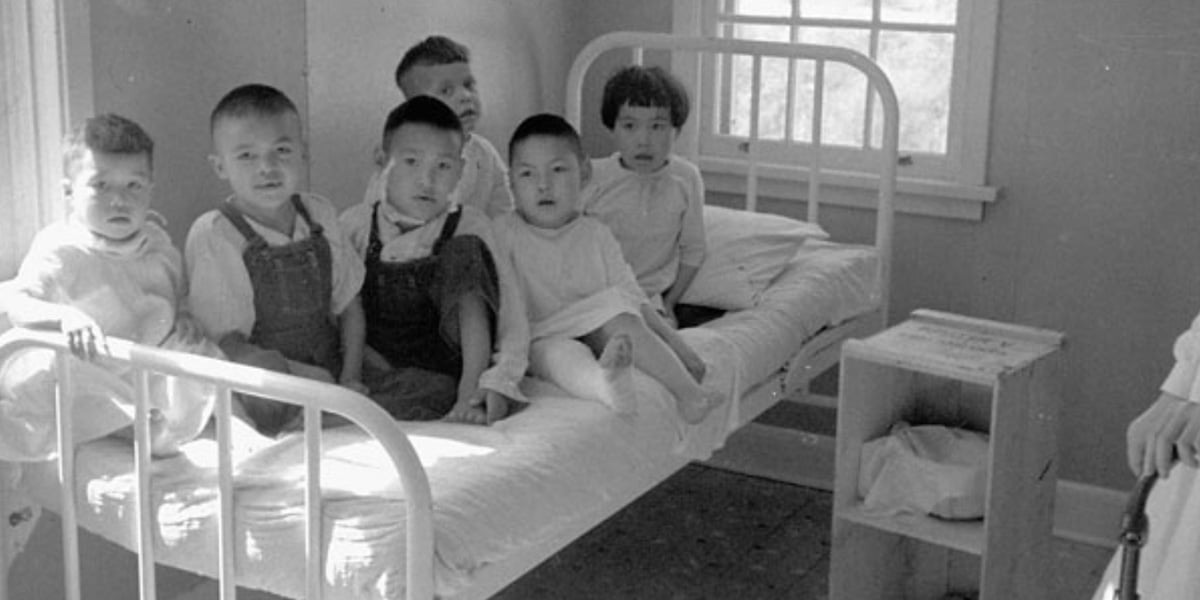
We would like to acknowledge that this article was framed from the research and writing of authors Maureen Lux (Separate Beds: A History of Indian...